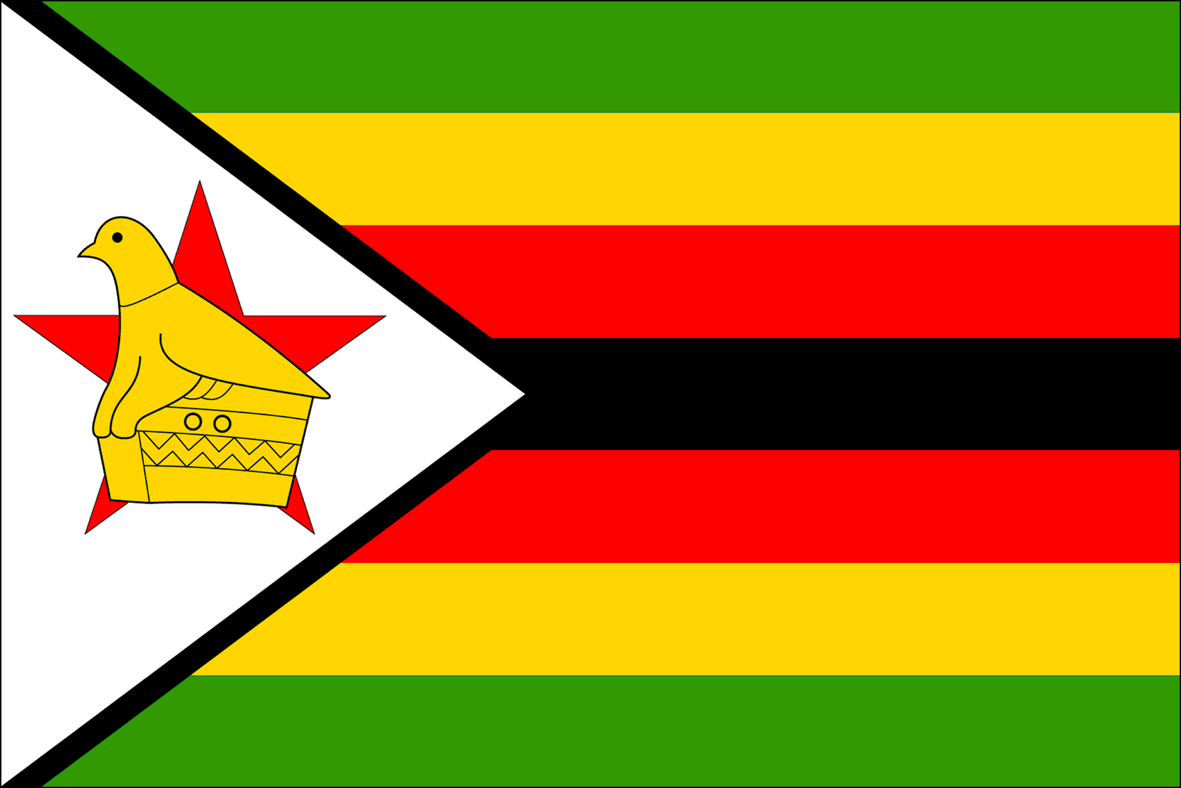- Governor Sanwo-Olu flags off Ojota-Opebi Link Bridge, to be completed in 20 months
- Allow Nigeria go to 2022 World Cup, don’t play qualifiers – Ghana Parliament member tells Black Stars
- There was no second sex tape, Kim Kardashian refutes Kanye West’s claims
- Jaruma Remanded In Prison Over Post On Regina Daniels And Ned Nwoko
- Lanre Gentry confirms paternity of last son with Mercy Aigbe, says ‘He’s my son’ (Photo)
Zim currency traders are a security threat – Mnangagwa

Zimbabwean President, Emerson Mnangagwa, has described parallel market currency dealers as a national security threat, warning that his administration will take drastic measures against such traders as the country’s economy takes a knock from rising prices occasioned by a spike in exchange rates.
This comes against the backdrop of economic challenges that have seen shops such as KFC close shop. However, the quasi-currency bond notes Zimbabwe uses alongside other multiple currencies appeared to gain some ground over the weekend, with the bond notes trading at around 245 percent to the US Dollar on parallel markets from a high of 450 percent by around Thursday last week.
“A great threat to our bid to stimulate productive activity in the economy comes by way of non-productive, speculative activities operating below the radar but involving millions in precious foreign currency and bond notes,” Mnangagwa said through state media on Sunday.
He warned that “new measures will be pursued to stop such malpractices” which are thriving on “different electronic platforms” such as bank transfers and mobile money. The government has recently hiked the tax on mobile money and electronic payments from 5 cents per transaction to 2 cents per each dollar transacted.
Controlled by shadowy figures
Mnangagwa described the parallel currency trade as “controlled by shadowy figures” and said this was warranted “a bold response” as the “costs and havoc this wreaks on the whole economy have become quite apparent and most unfortunate” for the economy.
“To that end, this problem is now being treated as a serious security threat which requires a different response so that we get back to clean, productive and disciplined economic activity operating within norms and rules of the market,” he said.
Zimbabwe’s economy has persistently remained weaker, even after the July 30 elections whose outcome – which gave Mnangagwa and his Zanu PF party victory – the opposition MDC is contesting.
Inflation has been on the rampage in Zimbabwe, with Zimstats saying the yearly inflation rate for August surged to 4.8 percent. Shops have run out of some foodstuffs while fuel supplies have been low, dragging down economic activity in an already volatile market.
Finance Minister Mthuli Ncube has laid down stabilisation programmes such as cutting public spending, parastatal reforms and tax hikes. This has been criticised by opposition politicians as well as other stakeholders who say the mobile money tax hike is illegal and will have an impact on the economy.
Mnangagwa has however cautioned that “there are pains to be borne and sacrifices to be made before things start looking up” for crisis weary Zimbabweans.
“We must all gird for belt-tightening measures, leaders and ordinary citizens alike. No one is immune to the sacrifices that are necessary to stabilise the economy.”
MSN